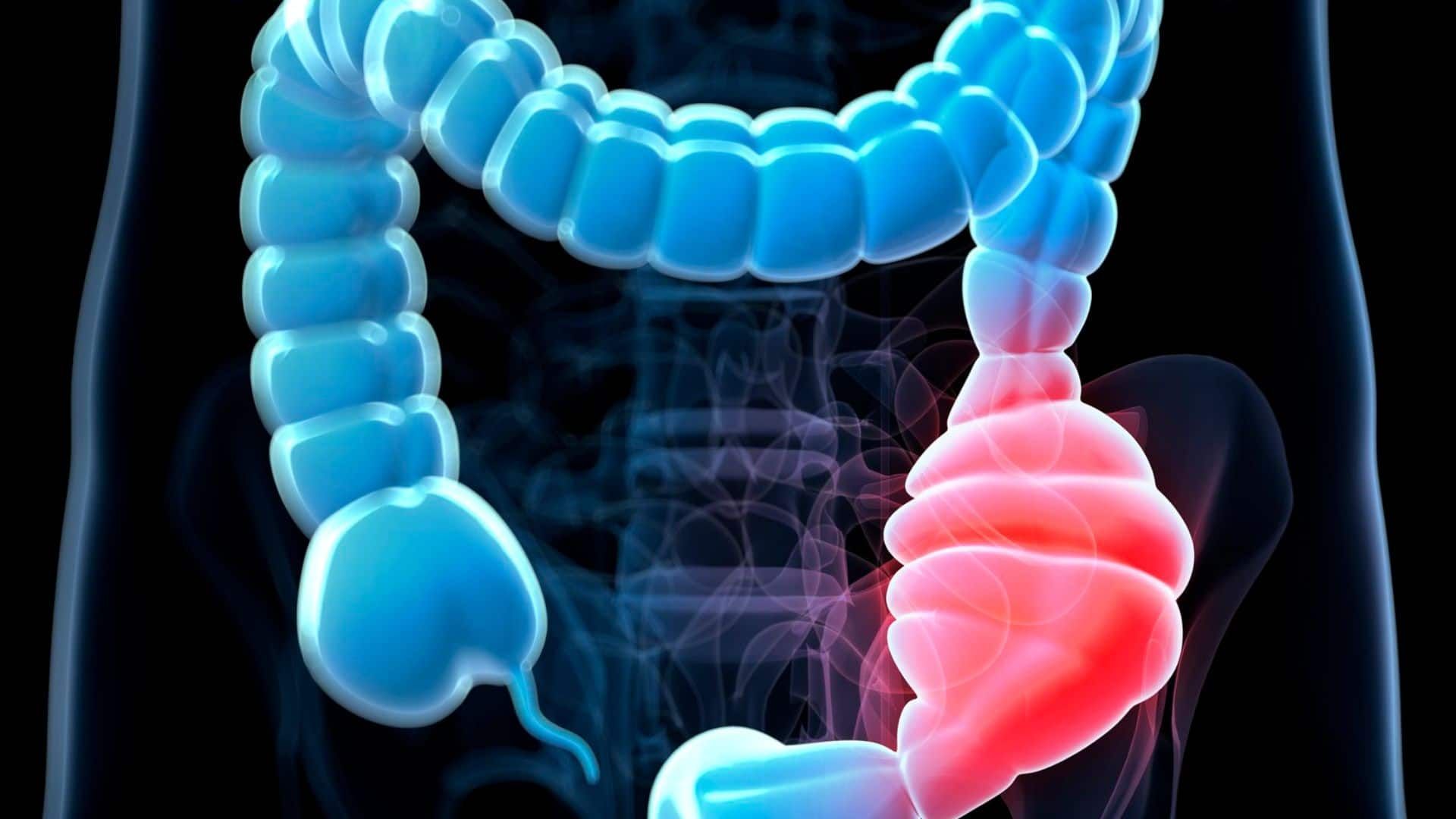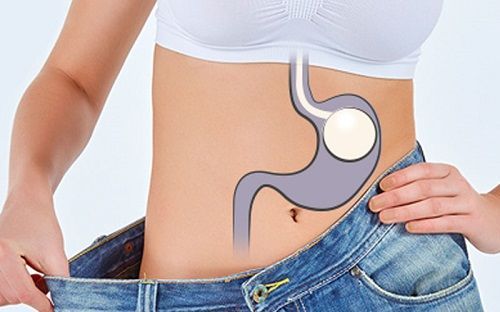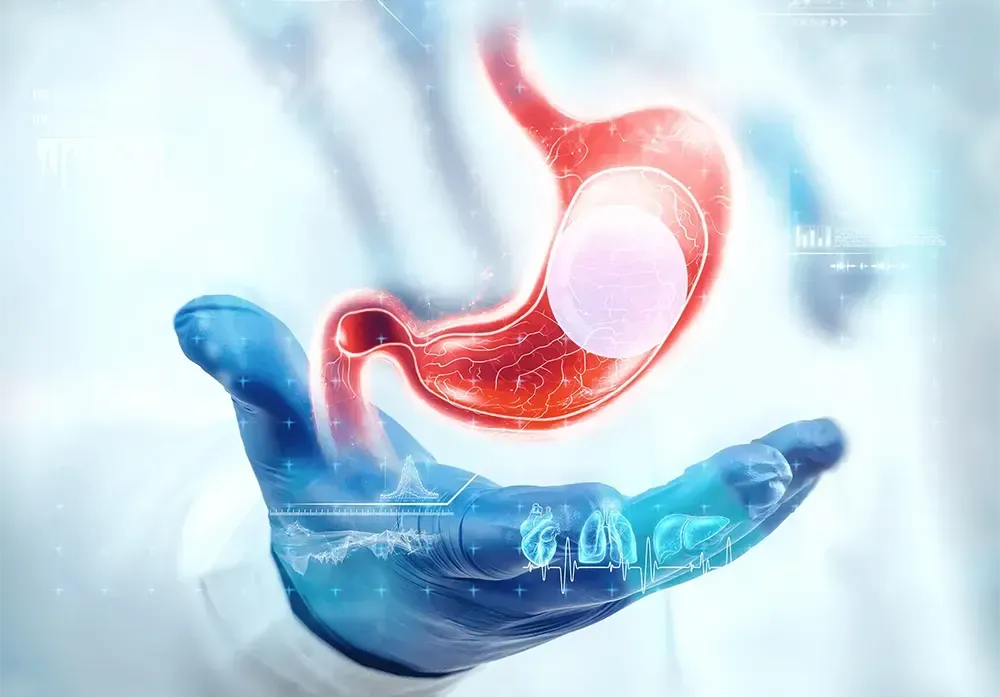liver disease
There are many types of liver disease. Some of the most common types are treatable with diet and lifestyle changes, while others may require lifelong medication to manage. If you begin treatment early enough, you can often prevent permanent damage. But you may not have symptoms in the early stages. Late-stage liver disease is more complicated to treat.

Chronic liver disease progresses in roughly four stages:
- Hepatitis
- Fibrosis
- Cirrhosis
- Liver failure
Liver disease diagnosis
It is done usually by physical examination and the following:
A panel of liver function tests can show signs of liver disease, liver disease severity and liver failure. These measure liver products like liver enzymes, proteins and bilirubin levels in your blood. Blood tests may also indicate inflammation, specific diseases or side effects, like reduced blood clotting.
Imaging tests
An abdominal ultrasound, CT scan(computed tomography scan) or MRI (magnetic resonance imaging) can show the size, shape and texture of your liver. This can reveal inflammation and swelling, growths and fibrosis.
A special type of imaging test called elastography uses ultrasound or MRI technology to measure the level of stiffness or fibrosis in your liver.
A liver biopsy is a minor procedure to take a small tissue sample from your liver to test to a pathologist.
Liver disease treatment
Some types of liver diseases have specific medical treatments. For example, antivirals treat viral hepatitis, while corticosteroids and immunosuppressants treat autoimmune diseases. But in many cases, lifestyle changes are the primary treatment for liver disease. Reducing the toxic load on your liver is important with any type of liver disease, but essential for those caused by excess fat storage, alcohol or other toxins.
However, early recognition is key to treating liver disease effectively before permanent damage is done. Unfortunately, not everyone discovers liver disease in time to reverse its course. If you already have cirrhosis or liver failure, you might need additional treatments for complications like portal hypertension or liver cancer. Your liver might not be able to recover, and you might eventually need a liver transplant.
Erick Alayo, M.D.
Gastroenterologist
Dr. Erick Alayo is a Board Certified Gastroenterologist who went to medical school at the Universidad Peruana Cayetano Heredia in Lima, Peru. Erick then completed his internship and residency in Internal Medicine at Cook County Hospital of Chicago.
Gastro SB Clinic offers comprehensive treatment for a wide range of gastrointestinal and nutritional conditions.

























